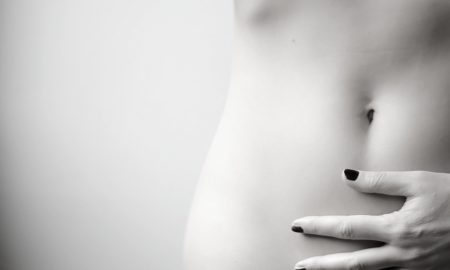Food Politics
Have you heard of food politics? Food politics has shaped me – how I eat, think, do my grocery shopping, feed my family and friends, and how I educate my patients. Let me explain…
I started reading about food politics in 1981. My boyfriend gave me a book called How the Other Half Dies (recently updated and available as a free download here). It's part of why I eventually married him! He was smart, ahead of his time, an organic farmer, read cool stuff, and looked hot in overalls. Whew!
I read and read and read some more. I learned that:
- Big Agri/Big Food were in bed with Big Pharma and were wrecking our soil, our environment, genetic diversity, and potentially my health and that of my future children with pesticides and poisons.So I learned how to use herbs and foods as my medicine in order to avoid the overuse of pharmaceuticals. I wrote books to help women do the same for themselves and their kids.
- Meat was laden with antibiotics and hormones and that cattle farming was taking up inordinate amounts of land that could be used to feed way more people if grain crops were produced instead. So I became a vegetarian. Now that it's available. I eat organic, grass fed, free-range meat, and only sparingly. I know that organic is more expensive, but consider it a worthwhile personal and global health investment.
- The agricultural practices we were exporting to developing nations were causing people in those nations to starve. Entire villages were poisoned when the run-off from contaminated fields entered their water supplies. So I went organic and devoutly avoided companies with poor environmental or human rights politics. http://www.greenamerica.org/programs/responsibleshopper/
- Entire nations of children suffered from nutrition-preventable diseases because farmers, who once grew healthy indigenous crops like yams, now grew export crops like sugar, coffee, and cotton. Not to mention issues of child labor. So I learned about the power of boycott as a form of political lobbying through buying power and saw its successes. Now that they are available, I purchase only free trade products. And I continue to boycott as a way to express my voice. http://www.fairtradeusa.org/
I ate up what I was learning like a kid in a candy store. All this information helped me to raise my kids smart and healthy. We grew some food. We bought local. We supported co-ops and farmer's markets. We sold carrots and sprouts to our local coop. Our grocery shopping was organic whenever possible.
From Vegetarian to Eco-Flexitarian
Though we were initially vegetarian, over the years my husband (same guy, no more overalls) and I eased into being “flexitarians.” We eat a wide variety of foods, but stick to the original mission: healthy, whole foods, local and organic when possible, and the less packaging and shipping the better for a low carbon footprint, and good food politics. We refrain from unnecessary pharmaceuticals (which most are) and as a doctor, my first-line medicines are food, healthy living, and herbal medicines.
Little Steps that Make a Difference
These little steps in your grocery shopping – choosing fair trade coffee and chocolate, eating less meat, shopping conscientiously – can change the world. As women we have enormous purchasing (and economic) power. The call to action “Think globally, act locally” is perhaps nowhere more perfectly appropriate than when it comes to food politics.
Let's lead a food revolution – I can't wait for you to join me!



